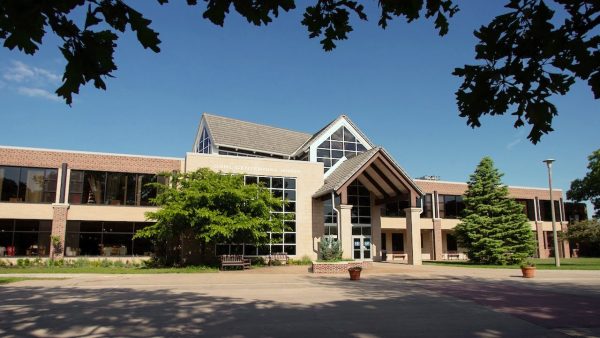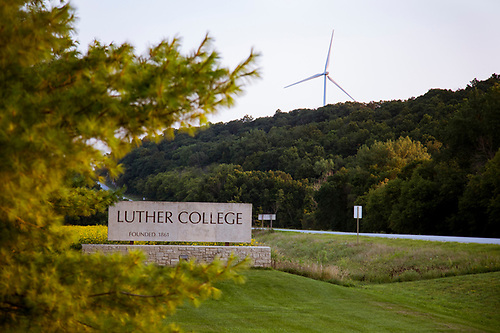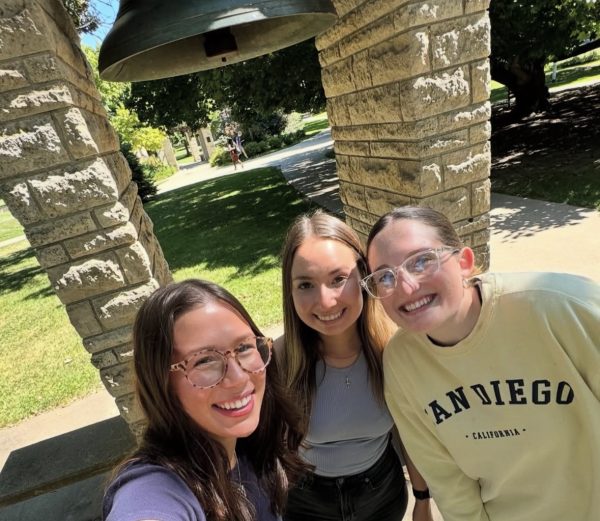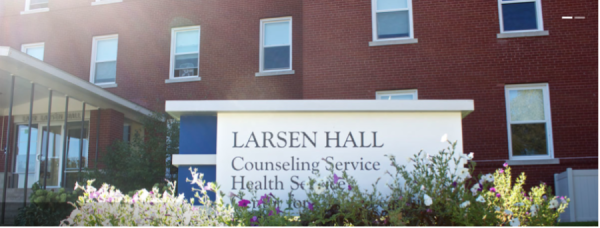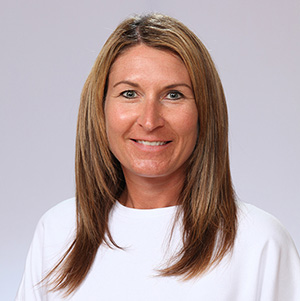Gladys Noll Alvarez (‘80) gives lecture on how “Relationships Teach/Relationships Heal: The Impact of COVID-19”
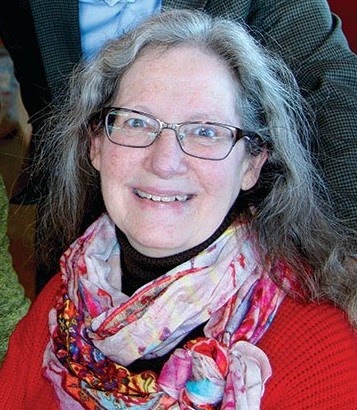
Headshot of Alvarez from the Des Moines University website.
Luther is known for creating a high engagement rate in alumni, who often return to showcase their research and talents at their alma mater. Luther social work and psychology alumna Gladys Noll Alvarez (‘80) is no exception, as she returned to campus virtually to give her lecture “Relationships Teach/Relationships Heal.” Alvarez’s lecture was hosted on April 27 at 7:00 p.m. in memory of Emeritus Professor of Social Work Don Kemp, who served as the director of the social work program from 1978 to 1997.
The event was sponsored by the social work department to reinforce the importance of multi-generational learning. Alvarez’s lecture spoke on the teaching and healing response to trauma through relationships, and the difference that the COVID-19 pandemic made on these relationships.
Beyond Luther, Alvarez received her master’s in social work at the University of Iowa and has been engaged in two separate year-long learning collaborative cohorts through the National Child Traumatic Stress Network. For over thirty years, Alvarez has administered clinical services at the state and national level for children and families who have experienced trauma. On a more broad scale, Alvarez also focuses on changing systemic trauma by organizing the annual Psychological Trauma & Juvenile Justice conference. Alvarez and colleague Dustin Daughterty have co-authored two books centered around trauma targeted towards children readers, titled “Grandma Mary Says Things Happen: A guide to help children who have experienced trauma” [and moreover]” Grandma Mary Says Bullies Hurt.”
The discussion focused on trauma-centered care and how that can be built into relationships. After being in the field of social work since 1976, Alvarez also explained that COVID-19 pandemic caused a whole new set of changes, and how it had led to the breakdown of connections. Though many in-person gatherings were prohibited by the pandemic, Alvarez discussed how connections could still be made in unconventional ways for the modern era: sending a letter, calling a relative, and visits without physical contact.
“As we move into going back to normal, I hope everyone understands that we are not going to have the same normal,” Alvarez said. “When 9/11 happened, and we changed things in the airport security, we have never gone back to what it was prior to 9/11. I am sure that we will not go back to what it was prior to COVID, I am hoping that we take all of the good things we’ve learned, as there have been some really good things. Some families have spent more time together, some people are more grateful and realize how important those relationships were, because now they’re missing.”
Anna Tahnk (‘22), a social work and sociology major, really connected with Alvarez’s talk, as she wants to do similar work after her time at Luther before graduate school. Tahnk was especially interested in Alvarez’s work with integrating the ABCs of trauma-informed care (Asking, Building, and Coaching/Connections), which were discussed in the lecture. Tahnk connected with that material, and found it exciting to see it applied in the world outside of the classroom. Alvarez’s view of solid relationships being the most integral part of social work is an important aspect of Tahnk’s views of the social work profession as well.
“Relationships are the core of the social work profession in whatever we do, whether we are working with kids or adults or we’re working on a bigger level,” Tahnk said. “There are three levels to social work: the micro, which is the one-on-one; the mezzo, which is kind of group work, doing group therapy; and then there is the macro, which you are working at policy and legislation levels. Whatever level you’re at, your success with your client or your groups is contingent on the relationships you are able to build and form and keep.”
Social work major Lily Cressy (‘23) also attended Alvarez’s lecture and was very impressed with the observation that how the COVID-19 pandemic has both enhanced and hindered the impacts of social work. Because the coronavirus pandemic is a public health crisis and social workers exist in the public health sphere, Alvarez discussed how they were in a unique situation to assist people. Cressy viewed this part of the presentation as especially enlightening, and felt that this information could help others in the social work field.
“Before this lecture I had viewed the COVID-19 pandemic as mostly having negative impacts on the social work profession,” Cressy said. “But Alvarez’s claim that because of the expansion of Telehealth to combat travel restrictions and social distancing, the accessibility of social workers is greater, [and] I can see how that would count as a benefit. But again, we also have to consider the negative effects that online visits can have on clients and groups, as we do not get to see the whole situation or even the whole person virtually.”
Alvarez’s visit to Luther College was well-attended by social work students, and the community as a whole. Her discussion of the COVID-19 pandemic’s impact on human connections and relationships connected with her emphasis on the need for social workers to emphasize human connection. Even though the COVID-19 pandemic has changed virtually every aspect of life, Alvarez found a way to see the bright side of the new connections formed during this time.

